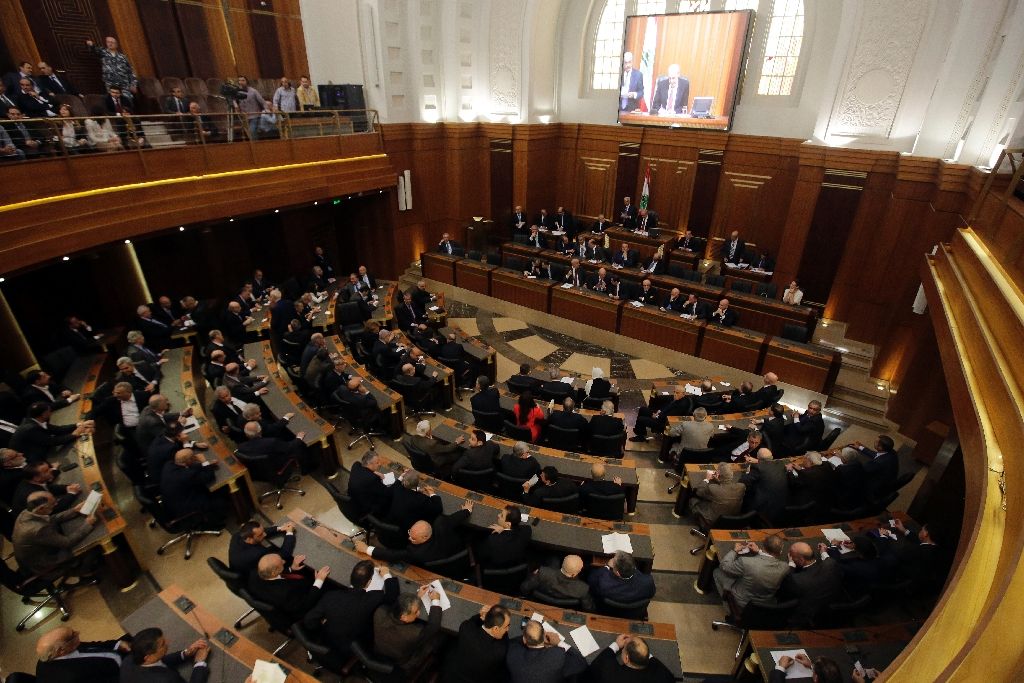Beirut-Lebanon’s Information Minister Ramzi Jreij hoped that the municipal elections that kicked off on Sunday would contribute to the rotation of power and lead to presidential polls.
Jreij told Asharq Al-Awsat newspaper on Monday that “Lebanon’s presidential elections are linked to regional circumstances, mainly the Syrian war.”
Yet he expressed surprise as to why candidates are not heading to the parliament to participate in the sessions aimed at electing a head of state.
Jreij described the current paralysis as a “violation of the Constitution.”
“Is it possible to have two candidates who are not participating in the sessions?” he asked.
The same applies to the parliamentary blocs, added the minister.
The country has been without a head of state since May 2014 because of lack of quorum at the parliament caused by the boycott of several parties.
“The paralysis is extending the vacuum, which is causing more harm to the state and its institutions,” warned Jreij.
But he said that the election of a president hinges on an agreement among the rival political parties to pull out the presidential file from the internal and regional political disputes.
Asked whether he thought that Iran, the so-called Hezbollah and Change and Reform bloc leader MP Michel Aoun are responsible for the failure to elect a president, Jreij told his interviewer while smiling: “You named them.”
“We should all work to hold Constitutional events on time,” he said.
“Let’s be realistic and honest … the regional situation is delaying the presidential elections,” Jreij told Asharq Al-Awsat.
“It would be difficult to elect a president before the regional situation, mainly in Syria, clarifies,” he said.
Asked about Lebanon’s ties with Saudi Arabia and other Gulf states, Jreij said: “The government has adopted unanimously a statement read by Prime Minister Tammam Salam, which stresses (Lebanon’s) commitment to Arab consensus, and condemns the attacks on the Saudi Embassy and Consulate in Tehran and Mashhad.”
About a possible visit by Salam to Saudi Arabia and the Gulf, Jreij said: “This is up to Prime Minister Tammam Salam and depends on the contacts that he holds in that regard.”
“But we can say that relations with Saudi Arabia are strong,” he added.
